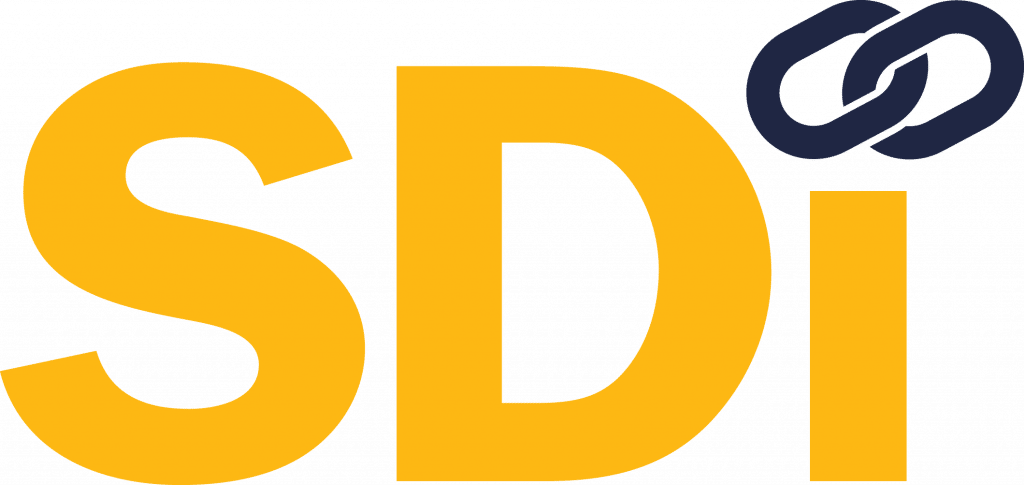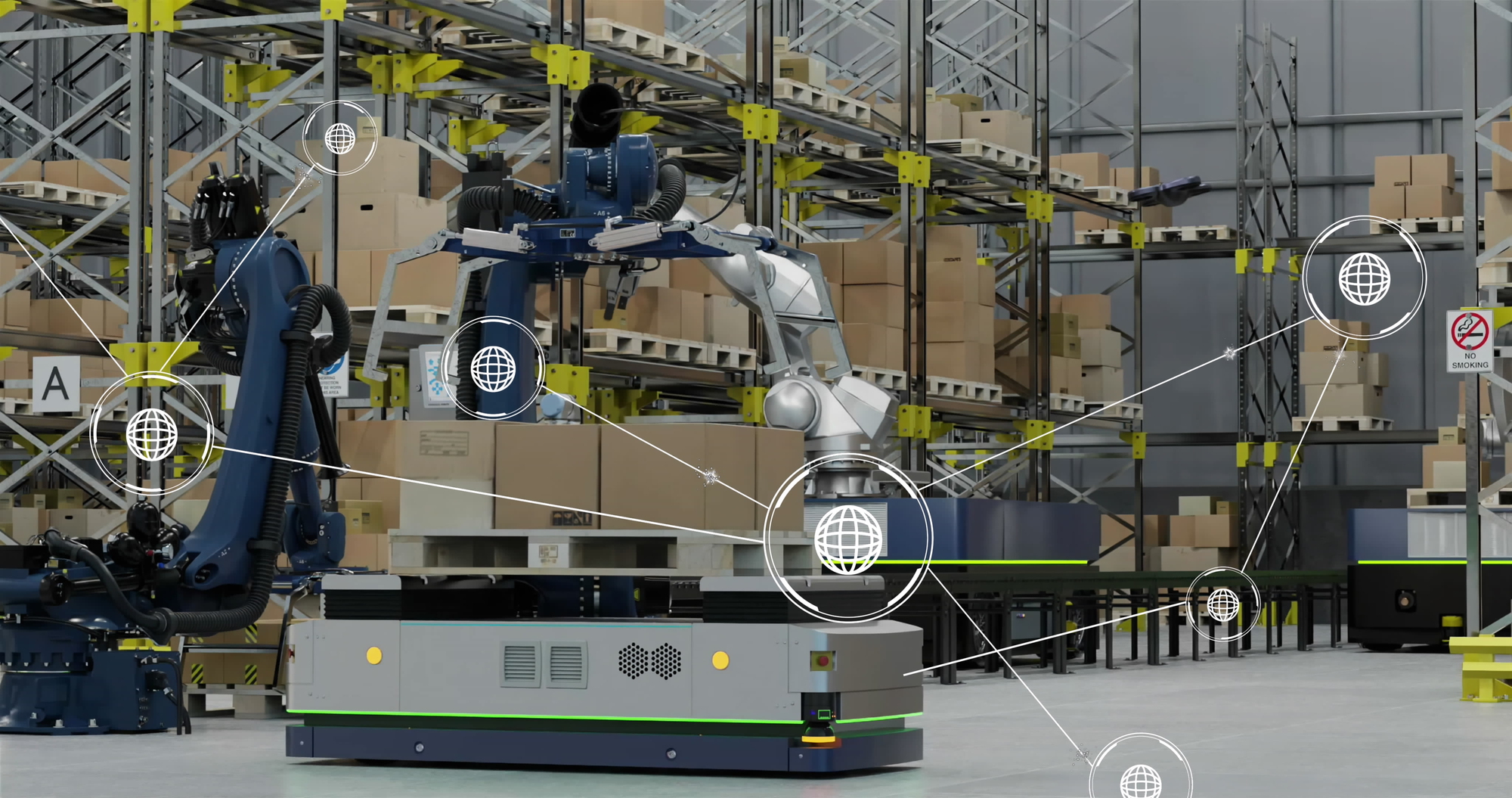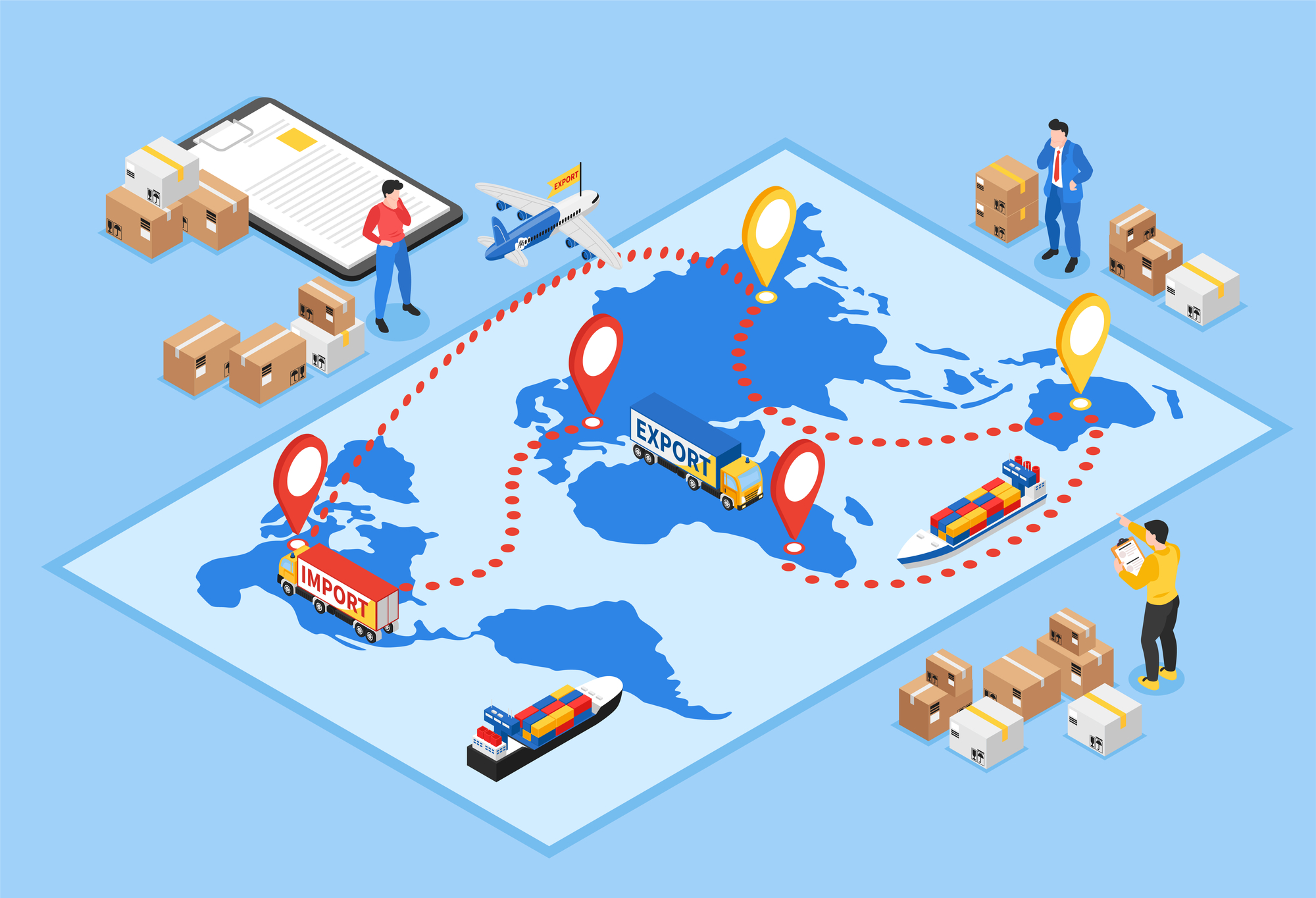Next Generation…EVERYTHING!
The term “Next Generation” may as well be another way of saying: What goes around, comes around. On a regular basis, we try to meet the needs of our families, bosses, clients, and friends. It’s a daily quest to bring purpose to our lives and to add value in the greatest extent to those in our sphere of influence. We do this by trying to anticipate the expectations and needs of those with whom we interface daily.
Today’s ever-evolving technology has an incredible amount of influence over service buyers and those responsible for contracting. How could it not?
- CMMS platforms and ERP systems drive work order management
- eProcurement platforms have changed the way we bid on services and supply
- MRO analytics, like ZEUS, have changed the way we aggregate and leverage data.
MRO Procurement: Can Technology Replace Core Values?
As procurement professionals, we rely on the core principles of great service and value while still embracing enablers like technology. The core values in any relationship reside with respect, quality, innovation, and in the ability to embrace new technology.
Growing up, my dad drilled into me, “You need to work daily to sustain relationships; nothing is on auto-pilot!” This was among the numerous other examples and values that a United States Marine sets for his kids. It’s humbling to think, as we buzz through the business culture today, what does “Next Generation” really mean?
I came across this article recently: Trascent Perspectives: Next Generation CRE/FM Sourcing – The Call for Quality, Technology & Innovation by Rakesh Kishan. And it really seemed to reinforce that we constantly fall back on core values — service, quality, transparency, flexibility, and overall value – despite of (or perhaps because of) changing technology.
And while the author talks about the commercial real estate and facilities management market, it parallels nicely with MRO Procurement. The over-arching themes of needing adequate change management, corporate sponsorship, and effective governance would ring true with any outsourcing initiative. As manufacturing moves slowly from old-school production lines to:
- Automation
- Augmented reality (AR)
- Machine learning
- Other digital IoT applications
We’re also seeing priorities shifting from savings focus to more strategic, sustainable sourcing strategies.
Companies Can Evolve Quickly but Most Often, Core Values Remain Constant
Recently at SDI, we completed a project for a large manufacturer in the snack food industry to evaluate the indirect expenditures at one of their plants. Upon analysis and in utilizing the core values noted above, we helped the client achieve significant improvements. It was evident that plant priorities shifted over time at this location, but by returning to core contracting and service values, focusing on contract deliverables, and emphasizing supplier governance, the cycle of value returned to the benefit of all parties.
The commercial framework of agreements, with greater collaboration across all departments, sets a positive tone and clarifies the expected value to be delivered in the relationship. While technology is an enabler, it doesn’t replace a true understanding of the nuances of culture, urgency, and dynamic changes in today’s business climate.
To varying degrees, we all enjoy the benefits of predictability that the latest technology affords us. What is certain is that change comes at us faster than ever before. Not everyone deals with change in the same way or can adjust as quickly. Because of that, we need to embrace the concepts of “Next Generation” to future-proof our businesses. We should have healthy relationships with change, but we need to remember that the core values always return us to a steady-state for sustainable growth. The cycle eventually returns to focus on those issues or concerns that support transparency and the anticipation of value in continuous improvement.




